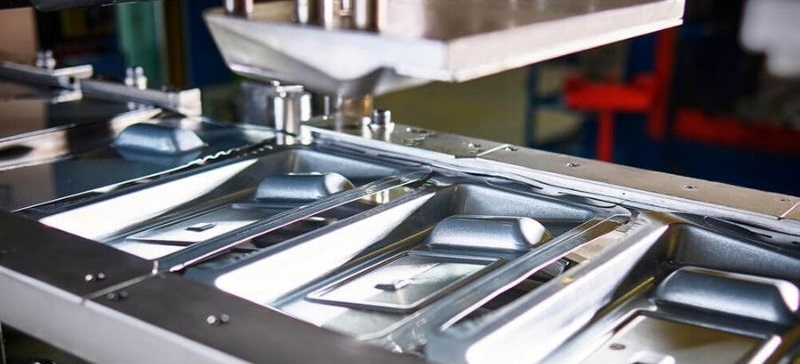Efficiency at its Apex: CNC Innovations in Large-Scale Production+ View more
Efficiency at its Apex: CNC Innovations in Large-Scale Production
+ View more
Date:2023-12-06 17:39
CNC (Computer Numerical Control) machining stands as a cornerstone in large-scale manufacturing, revolutionizing production efficiency across industries. This extensive article explores the pivotal role of CNC innovations in optimizing large-scale production, showcasing how these advancements propel efficiency to its peak in various manufacturing sectors.

Scaling Production: CNC's Adaptability in Mass Manufacturing
CNC machining's adaptability is key in scaling production. Advanced CNC systems accommodate high-volume manufacturing demands without compromising precision, ensuring consistent quality in large-scale production runs.
Enhanced Throughput and Reduced Lead Times
CNC innovations significantly improve throughput rates and reduce lead times. Advanced tooling strategies, optimized machining paths, and AI-driven process optimizations expedite production cycles, meeting demands in a time-efficient manner.
Precision Engineering for Mass Customization
Large-scale production often requires customization without sacrificing precision. CNC innovations enable mass customization, facilitating the production of tailored components while maintaining stringent quality standards.
Optimized Workflow and Production Planning
CNC advancements streamline workflow and production planning. Integrated software solutions and AI-driven predictive analytics optimize scheduling, minimize downtime, and enhance overall operational efficiency.
Smart Manufacturing Integration and IoT Connectivity
CNC machining integrates seamlessly into smart manufacturing ecosystems. IoT (Internet of Things) connectivity enables real-time monitoring, predictive maintenance, and data-driven decision-making, optimizing large-scale production efficiency.
Sustainability in Large-Scale CNC Operations
Efficiency in large-scale CNC operations also encompasses sustainability. CNC innovations contribute to reduced waste, energy optimization, and environmentally conscious practices, aligning with sustainable manufacturing principles.
Overcoming Challenges in Large-Scale CNC Implementation
Challenges in large-scale CNC implementation, such as operational scale-up and workforce training, are addressed. Collaborative efforts and strategic planning are key in maximizing the benefits of CNC innovations in large-scale production.
Future Trajectories and Industry Transformations
The future trajectory involves continuous advancements in CNC technology. Collaborations, advancements in AI, robotics integration, and further automation are set to transform large-scale manufacturing landscapes.
Conclusion: CNC's Reign in Large-Scale Efficiency
In conclusion, CNC innovations are instrumental in reaching the pinnacle of efficiency in large-scale production. Their adaptability, precision, and integration with advanced technologies not only optimize current manufacturing processes but also lay the foundation for future industry transformations towards unmatched efficiency in mass production.
Share to:
Recommend wonderful blog posts

